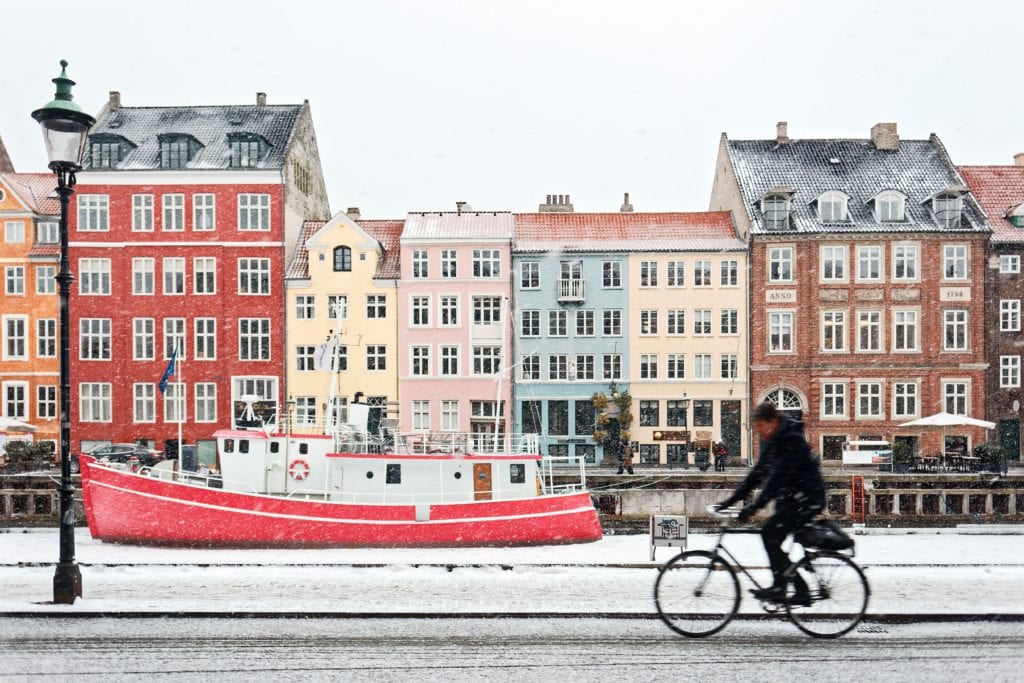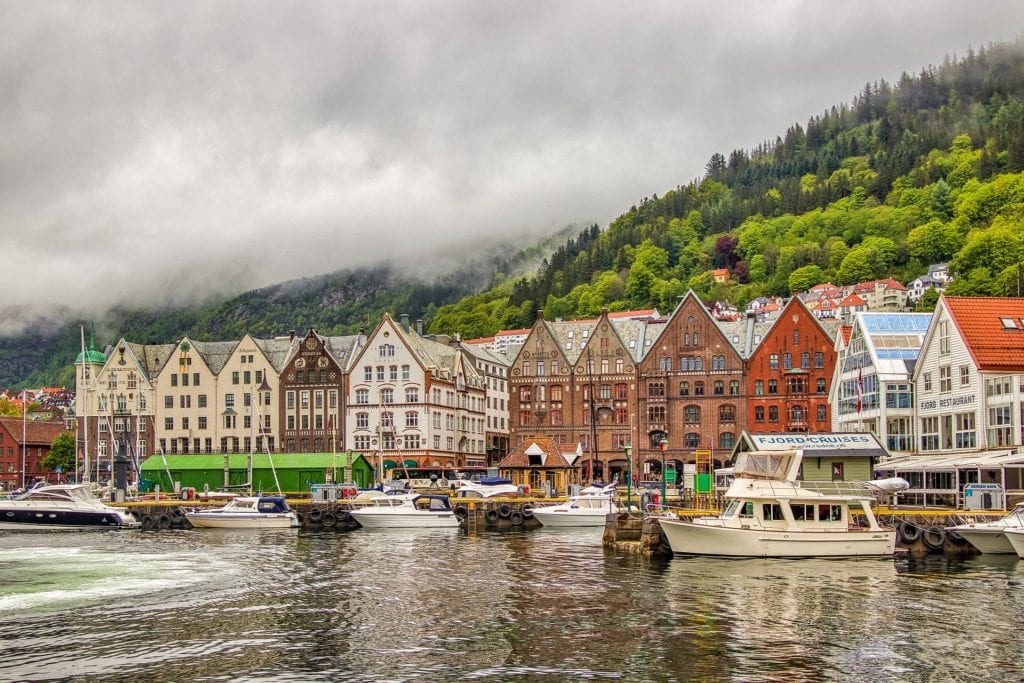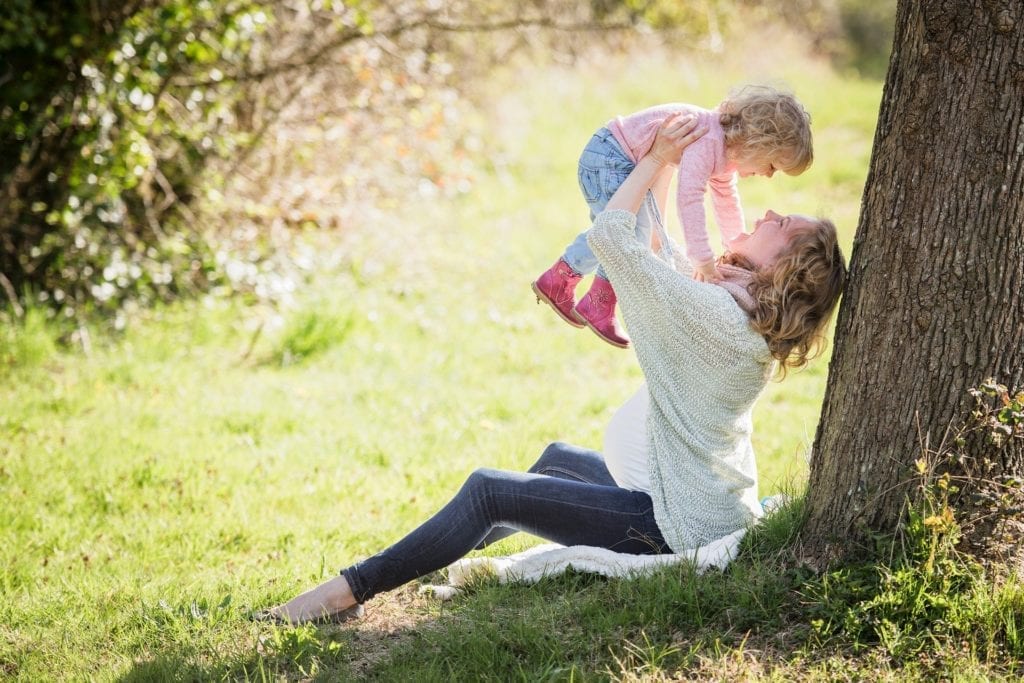According to the 2019 Happiness Report, Finland is the happiest country in the world, with Denmark, Norway, Iceland and The Netherlands holding the next top positions.
I have always been fascinated by countries that score high in happiness, such as the Nordic ones, or places that are famous for the longevity of its people, like the Blue Zones around the world. What knowledge do they have, what cultural ethics do they live by and what can we learn from them? In this post we look at happiness to find out what do the Nordic people know that we don’t and see if there anything that we, the not-Nordic people or the people who do not live in the Nordic countries, can learn from them.
A short history of Happiness Research

According to Meik Wiking, chief executive of the Happiness Research Institute based in Copenhagen and author of “The Little Book of Hygge”, the secret may well be in the “Hygge”. Hygge is a Danish word that stands for a ritual and pretty much a lifestyle consisting in cosying up and enjoying the simple things in life. It describes a feeling of contentment and well-being, while acknowledging a moment, be it alone or with the loved ones, at home or out, ordinary or extraordinary as simply cosy, special and meaningful in itself.
The curiosity about happiness and what makes us happy, became a global topic when, in 2011, the UN published a resolution which stated that “the pursuit of happiness is a fundamental human goal” and, just a year later, they released the first World Happiness Report. This report, which takes into account many factors such as health, education, job security and family as well as social factors such as the environment, ethics, government corruption and political freedom, has been published almost every year since. Remarkably, the countries to top the chart are pretty much consistently the Nordic ones.

This global talk about happiness did not go unnoticed by Meik Wiking. He reflected on how well Denmark was doing in the happiness ranking and came to the conclusion that it needed a Danish person to gather some data to find out why. With this in mind, Meik quit his job and in 2003 he started a think thank called the Happiness Research Institute. Despite the scepticism of many of his friends, in just three years, the Happiness Research Institute became huge and it now works for foundations, unions, patient groups and various ministries in Denmark.

Miek’s research lead him to believe that the reason why Nordic countries rank higher is because they recognize the value in terms of happiness, security and quality of life that they get by paying into the system. As Miek explains the Nordic social model offer access to healthcare, free University and relatively equal opportunities hence eliminating a lot of the structural societal problems that make people anxious or sad.
The Nordic way of life

It is not that the Nordic Countries do not have problems, but rather that their way of life is famous for its sense of well-being which brought many to research what it is exactly that makes them the least unhappy. From a cultural way of living deeply ingrained from early age to a rather efficient and supportive political system, these are the cornerstones of why they are the least unhappy.
- The state takes care of their basic needs

The Nordic countries are successful living examples of socialist systems. Yes, they pay high taxes, but the money goes to fund a variety of welfare programs such as very low or free school, healthcare and child day-care. These are very basic needs that when taken out of the equation can become source of huge stress for both individuals and families. Unlike many countries, all the Nordic ones provide higher education free of charge for their own citizens meaning people do not have to do huge sacrifices to save up for college and resulting in no huge and scary debts when they finish college.
- They have a strong sense of community

Perhaps due to their socialism, which implies they all have to be in it for it to work, they have a very strong sense of community. This translates into a real sense of shared responsibility and in taking care of one another. A lot has to be said about the link between being happy and socially belonging. The Danish do “hygge,” which translates into comfortably bonding together. The Finnish go to the saunas together, a sacred bonding tradition dating back thousands of years with strict rules and customs while the Swedish have “fika,” which directly translates to “coffee,” but also stands for a social hour to talk and bond with people.
These are cultures that promote healthy relationships where boasting and bragging is socially frown upon and where your friends will tell you if they feel that you are picking up unhealthy habits. Their cultural values have grown around contributing to the best of the one’s abilities and being appreciative of one another.
- Their system is supportive of maternity and paternity leave

Famously, the Nordic countries have a very supportive system towards maternity and paternity leave, once again demonstrating that family, relationships and belonging are important to their culture. Normal maternity leave is nine months paid leave and normal paternity leave is three months paid leave. Not only this but in Sweden, parents get 480 days of paid leave while receiving 80% of their salary. Mothers to be can get free childbirth coaching 60 days into the pregnancy, can reduce their normal working hours by up to 25% until the child turns 8, and can receive a monthly child allowance until a child turns 16. Many of these benefits are also available to Swedes who are unemployed.
This comes in high contrast, for example, with the US where maternity leave is just three months and unpaid, which is between the lowest in the industrialized world. The US is the only OECD (Organisation for Economic Co-operation and Development) country without a national statutory paid maternity, paternity or parental leave. The FMLA (Family and Medical Leave Act) enables some employees to take up to 12 weeks unpaid maternity leave but only 60% of workers are eligible.
- A well balanced work-life attitude

The Nordic people are well known for their efficiency and productivity, but they are also hugely respectful of their time off work. This is because they highly value the time spent with their friends and families which creates a better environment in terms of the relationship between generations. The also benefit of long paid vacations, unlike in the US, which can be accumulate and it is frowned upon not to take them. Three weeks vacations are pretty normal and are viewed as an excellent way of cutting down on stress and lowering the chances of developing serious health issues while having fun, bonding, experiencing new cultures, seeing the world and …well…living.
Perhaps because of their so well-balanced work-life attitude, the Nordic people are more focused and productive at work knowing that their relationships will not be deprived of the time they deserve to grow. This goes a long way towards making them happier, more fulfilled and with purpose.
- They love the outdoors and do plenty exercise

Nature and being outdoors are very important to them and a lot of their time is spent doing outdoor activities no matter the weather. Even in the depth of winter, you’ll find them hiking, skiing or simply walking. Exercise is part of their lives and because of this they are also fitter and healthier. This is a cultural thing: they are not interested in taking the car to the mall!
The art of turning life events into happy memories

What we learn from the Nordic countries is that from a societal point of view we need to look at building a well-functioning infostructure where people can feel supported, valued and taken care of.
As individuals, though, we also have a duty to ourselves to actively try to be happy. Happiness is not something we stumble across and keep forever. It requires a constant effort of positivity and willingness.
It is true that there is a also a genetic component to happiness. From studies conducted on identical twins we know that there is a similar level of happiness. However, this does not mean that we can’t exercise our “happiness muscle”. If we look at genetics, we could say the same about diseases. Some of us are more predisposed to certain diseases, but it is also true that our life choices can go a long way towards warding us off from some illnesses.
As Miek explains, we need to understand that we can and should be the architects of our own memories. Memories are not random. We have the power within ourselves to build a bank of happy memories. As Miek suggests, “novelty is key – chase new experiences and make them multisensory affairs”.
Personally, I find that especially in dark difficult times, it is even more important to contribute to our bank of happy memories by doing something for ourselves. I recently went through a rough time and it was only by ensuring I did small little things for myself, such as cooking a nice healthy meal, lighting candles when watching a movie at night, taking time to live in the moment and savour the small simple things in life, that I was able to ensure happy moments would not go scarce when I needed it the most. Even now, looking back at those days, I am overcome with a sense of warmth rather than sadness, because I actively and deliberately chose to be happy.
This is why at Wellness & Purpose we believe happiness is intrinsically linked to the well-being of your mind and body as well as your financial independence. The infostructure of the country you reside in may or may not offer you basic welfare programs, but you can and you must always be mindful of your finances and lifestyle choices. You don’t need to work extra long hours but you need to work smart and make money work for you.
Homework

The path to happiness starts now and to enable you to start off your journey to happiness I’d like you to try this out: tonight do something for yourself. Perhaps cozy up under a blanket with a book or your loved one. Treat yourself to a healthy meal and put something snuggly on. Try to find happiness in the small simple things. Perhaps light up some candles or apply your for-special-occasions-only favourite body cream. Do it for yourself! And on your way home try not to be too bothered by the small everyday nuisances. You may find there are no places to sit on your train journey home = shrug, it’s a small thing not being able to sit on the train, don’t let it bother you. Or perhaps it may rain on you as you walk home = laugh. Look at the positive. You are alive and you can feel the rain on your skin! Do not let thee small things get to you and turn those moments into happy records to be deposited in your bank memory.



